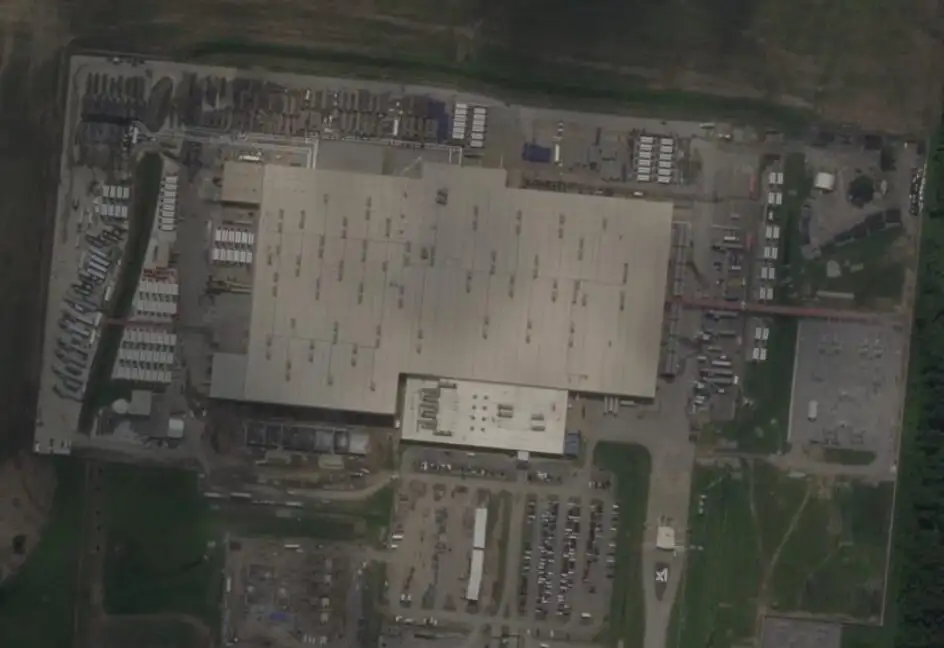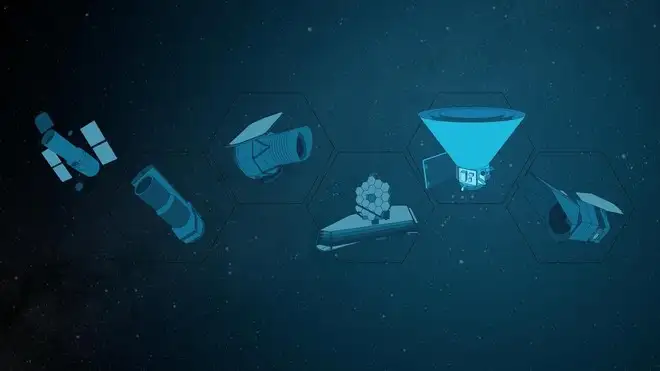After months of backlash over alleged pollution concerns, xAI has finally secured an air permit covering some of the methane gas turbines powering its Colossus supercomputer data center in Memphis, Tennessee.
On Wednesday, the Shelby County Health Department granted xAI an air permit that allows it to power 15 gas turbines while adhering to a range of restrictions designed to minimize emissions. Expiring on January 2, 2027, the permit requires xAI to install and operate the best available control technology (BACT) by September 1 to ensure emissions do not exceed certain limits.
Any failure to comply could trigger enforcement actions by the Environmental Protection Agency or the county health department, the permit notes.
But Memphis residents insist that the health department should already be investigating xAI for possible enforcement actions. They claim that the AI company owned by Elon Musk has been operating dozens of turbines without BACT for more than a year, exposing predominantly Black neighborhoods located near the facility—who have historically suffered from industrial poor air quality—to a potential new major source of pollution. In June, the NAACP threatened legal action within 60 days if xAI refused to meet with groups concerned about the alleged smog-forming pollution.
The fact that the health department is finally requiring xAI to install BACT is not a comfort to residents, the Southern Environmental Law Center said in a press release sent to Ars. Most glaringly, the air permit does not seem to cover all the gas turbines potentially operating at the facility, the SELC noted. Thermal imaging taken July 1 shows that xAI maintains 24 gas turbines on site, the SELC said, which is substantially more than the 15 that xAI will soon be required to dutifully report on—tracking every startup, shutdown, and combustion so that the health department can finally start tracking emissions.
According to the SELC, the health department's decision granting permits covering some of xAI's turbines—but not all of them—"ignores the facility’s continued use of turbines not covered by the permit and months of intense public pushback from local communities in Memphis who worry about the impact xAI’s operations will have on their air."
For Memphis residents, xAI's facility operating even a single turbine without BACT potentially threatens to release pollutants "tied to asthma, respiratory illnesses, heart problems, and even certain types of cancer." These communities already live in a place that does not meet national standards for smog, the SELC said, and they "face elevated asthma rates and cancer risks four times the national average."
In the press release, critics decried the health department's decision to grant xAI the permits. LaTricea Adams, the CEO and president of Young, Gifted & Green, described the decision as "a stark reminder that our community's health continues to be compromised for profit."
SELC Senior Attorney Amanda Garcia accused the health department of "turning a blind eye to obvious Clean Air Act violations in order to allow another polluter to set up shop in this already-overburdened community without appropriate protections." She confirmed that the SELC is evaluating its options to move forward with its efforts to confront xAI and demand more transparency.
To community members, the health department's decision to grant the permits without probing xAI's alleged unlawful operations over the past year was "devastating," KeShaun Pearson, director of Memphis Community Against Pollution, said.
"We are deeply disappointed and oppose the decision by our Shelby County Health Department to approve the permit without meaningfully addressing the unlawful use of turbines on the site," Pearson said. "Our local leaders are entrusted with protecting us from corporations violating on our right to clean air, but we are witnessing their failure to do so. We are devastated, yet we remain determined to the mission of justice for our families in South Memphis who are overburdened with air pollution."
xAI and the Shelby County Health Department did not immediately respond to Ars' request to comment.
Critics demand more transparency from xAI
While critics continue to fight for more transparency, they also acknowledge that the overdue air permit at least suggests that some of xAI's feared pollution could be checked in the future.
Before xAI got the permit, residents were stuck relying on infrequent thermal imaging to determine how many turbines appeared to be running without BACT. Now that xAI has secured the permit, the company will be required to "record the date, time, and durations of all startups, shutdowns, malfunctions, and tuning events" and "always minimize emissions including startup, shutdown, maintenance, and combustion tuning periods."
These records—which also document fuel usage, facility-wide emissions, and excess emissions—must be shared with the health department semiannually, with xAI's first report due by December 31. Additionally, xAI must maintain five years of "monitoring, preventive, and maintenance records for air pollution control equipment," which the department can request to review at any time.
For Memphis residents worried about smog-forming pollution, the worst fear would likely be visibly detecting the pollution. Mitigating this, xAI's air permit requires that visible emissions "from each emission point at the facility shall not exceed" 20 percent in opacity for more than minutes in any one hour period or more than 20 minutes in any 24-hour period.
It also prevents xAI from operating turbines all the time, limiting xAI to "a maximum of twenty-two startup events and 22 shutdown events per year" for the 15 turbines included in the permit, "with a total combined duration of 110 hours annually." Additionally, it specifies that each startup or shutdown event must not exceed one hour.
A senior communications manager for the SELC, Eric Hilt, told Ars that the "SELC and our partners intend to continue monitoring xAI's operations in the Memphis area." He further noted that the air permit does not address all of citizens' concerns at a time when xAI is planning to build another data center in the area, sparking new questions.
"While these permits increase the amount of public information and accountability around 15 of xAI's turbines, there are still significant concerns around transparency—both for xAI's first South Memphis data center near the Boxtown neighborhood and the planned data center in the Whitehaven neighborhood," Hilt said. "XAI has not said how that second data center will be powered or if it plans to use gas turbines for that facility as well."

 Star Wars Actor Kenneth Colley, Who Played Admiral Piett in The Empire Strikes Back and Return of the Jedi, Has Died Aged 87 After Contracting Covid and Developing Pneumonia
Star Wars Actor Kenneth Colley, Who Played Admiral Piett in The Empire Strikes Back and Return of the Jedi, Has Died Aged 87 After Contracting Covid and Developing Pneumonia